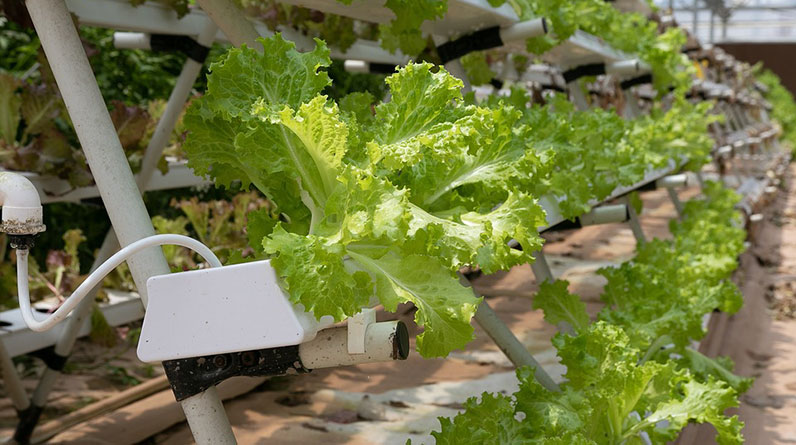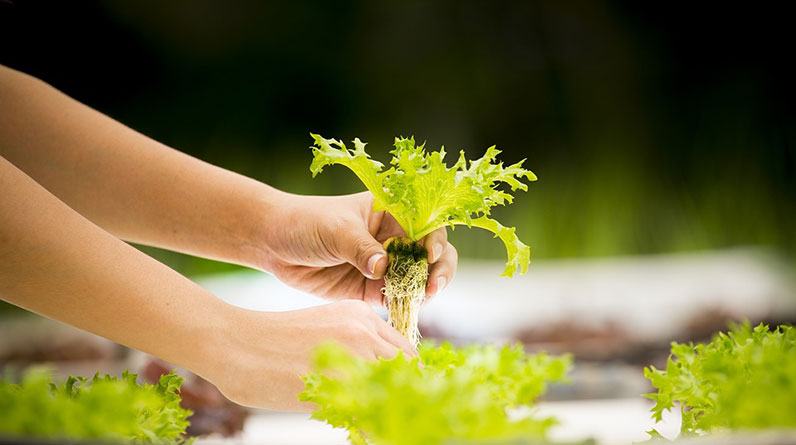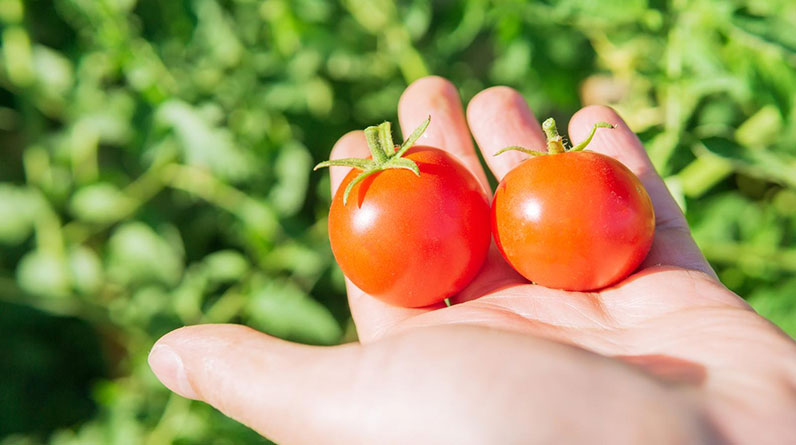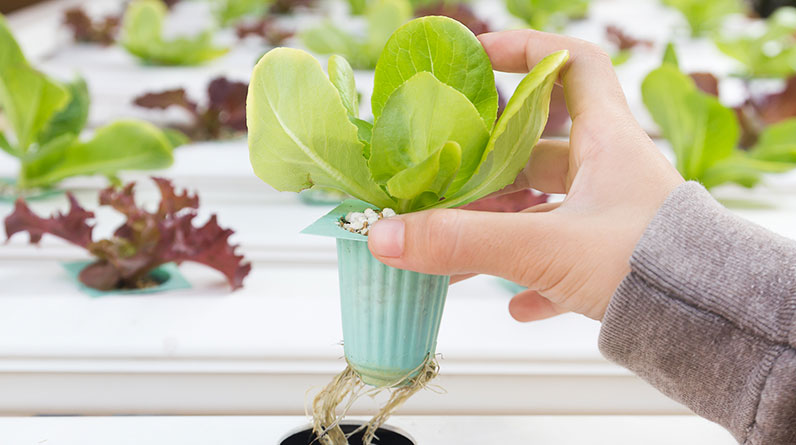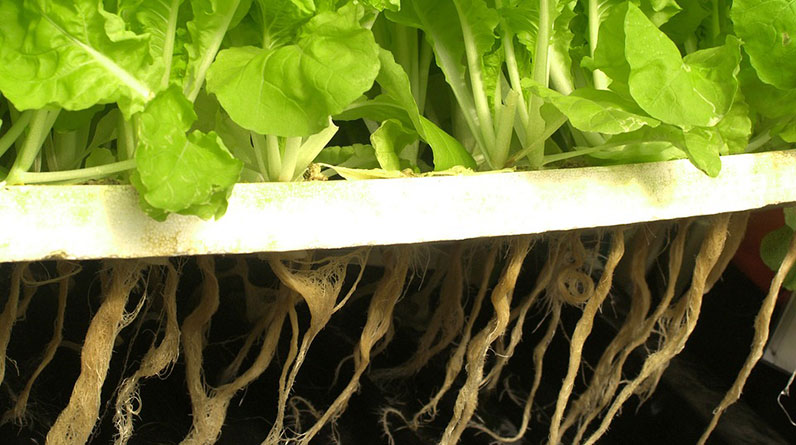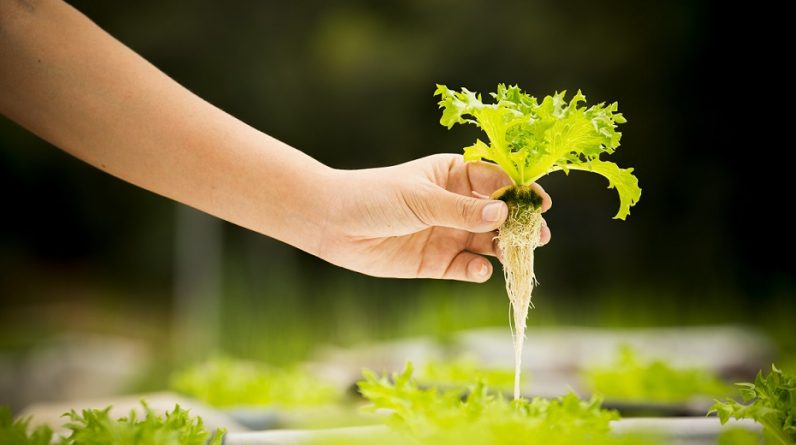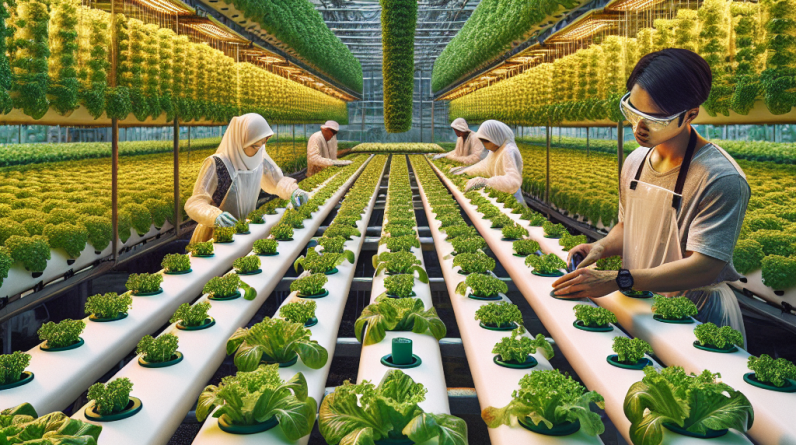
Hey there! I’m super excited to dive into the world of hydroponic farming with you. In my journey, I’ve discovered that adopting organic practices can make a huge difference. So, let’s chat about some key areas where you can embrace these practices and elevate your hydroponic game!
Understanding Organic Inputs
What Are Organic Nutrients?
First off, let’s talk about the heart and soul of your plants: nutrients. Organic nutrients come from natural sources like compost, marine-based fertilizers, or plant matter. Unlike synthetic nutrients, these organic options break down slowly, providing a steady release of vital minerals to your plants. Plus, using them contributes to a healthier growing environment.
When I first switched to organic nutrients, I was blown away by how my plants responded. They were more resilient and flavorful! The richness in taste made my homegrown veggies stand out in every meal; I couldn’t get enough.
It’s important to source these organic nutrients from reliable suppliers. Next time you’re at a gardening store or shopping online, do a little research into the brands and products they offer. You want to feel confident that what you’re using is the real deal!
Beneficial Microorganisms
Alright, let’s not forget about the little guys! Beneficial microorganisms are essentially your plant’s best friends. They help break down nutrients, boost soil health, and even fend off pests. Incorporating microbial inoculants, such as mycorrhizal fungi or certain bacteria, into your hydroponic system can lead to healthier root systems, which translate into stronger plants.
I remember my first experience with beneficial microorganisms — it felt like uncovering a secret weapon! Using these tiny helpers improved my overall yield and the quality of my crops. Plus, the more natural you make your farming methods, the more you can embrace the whole organic vibe.
To get started, look into adding a microbial mix to your hydroponic nutrient solution. It’s simple and often gives instant benefits to your plants that are hard to ignore!
The Role of Organic Pest Control
No one wants unwanted guests in their garden! That’s where organic pest control comes into play. Instead of reaching for harsh chemicals that can affect your plants and the environment, consider using organic options instead — like neem oil, insecticidal soaps, or beneficial insects like ladybugs.
In my experience, using organic pest control methods has been a game-changer. I could keep those pesky pests at bay while preserving the health of my plants. Watching ladybugs munch on aphids was both satisfying and efficient!
Don’t forget, prevention is key! Regularly inspecting your plants and maintaining a clean growing environment can significantly minimize the chances of an infestation. Trust me; it pays off in the long run.
Creating a Sustainable Hydroponic System
Water Management Techniques
Water, water everywhere — and you gotta use it wisely! Efficient water management is crucial in hydroponic farming, especially with organic practices. Techniques like recirculation systems can save water and nutrients while ensuring that your plants get what they need without waste.
When I started recirculating my water, I noticed a major difference in my system’s sustainability. Not only did I cut down on resource waste, but my plants also thrived with constant access to their nutrient solution.
There are also other methods you can adopt, like using water-saving irrigation systems or rainwater harvesting techniques. Each small step can contribute to a more sustainable approach!
Energy Efficiency in Hydroponics
Being energy-conscious isn’t just good for your wallet; it’s good for the planet too. Consider using solar panels, energy-efficient lighting, or even aquaponics systems that harness natural processes to conserve energy.
When I switched to LED grow lights, I saved significantly on energy bills, and my plants loved the spectrum. They grew faster and healthier, plus trendy lights made my space look pretty cool!
Think of ways to minimize your carbon footprint in your hydroponic setup. Every little bit counts, and it’s a great way to contribute positively to the environment!
Recycling and Composting Practices
Sustainability goes hand in hand with recycling and composting. In hydroponics, composting might look a bit different, but there are still ways to incorporate decomposed materials. Creating compost from plant wastes, kitchen scraps, or using worm casting can enhance your organic nutrient supply.
The first time I tried adding compost tea to my hydroponic system, I was amazed by the boost in plant growth. It’s like giving them a power-up — they thrive on all those nutrients!
Setting up a simple composting system can be easy too. You might want to start small, perhaps in a corner of your garden. Trust me; it’s worth it, and you’ll feel pretty good about reducing waste while you’re at it!
Decision-Making for Crop Selection
Choosing the Right Crops
When it comes to crop selection, not all plants are created equal! Opting for organic crops that thrive in hydroponic environments can elevate your success. Crops like leafy greens, herbs, and strawberries are typically great choices for hydroponic growing.
I’ve had fantastic results with basil and lettuce. They seem to flourish with organic inputs, and the flavors are downright delicious! It’s a no-brainer that you want to grow what you know you can enjoy and that loves the hydroponic setup.
Also, research the growing conditions for each plant. Some may require more light or a specific pH level, and knowing these needs can help you create a fabulous growing environment!
Crop Rotation Practices
Just like in traditional gardening, crop rotation in hydroponics can be a powerful tool. Alternating your crops can help prevent nutrient depletion and reduce pests and diseases. It might sound tricky, but it’s all about planning it out!
I’ve started implementing crop rotation recently, and what a difference it has made! My plants were less prone to issues, and my yields reflected that. Plus, it’s always fun to experiment with growing different varieties in your space!
Make a simple plan – list your crops, note their growth cycles, and see how you can rotate them based on your system. It’s like a little puzzle that most definitely pays off.
Seasonality and Timing
Understanding the seasons and the timing of planting can be vital. You want to harness the best natural conditions for your chosen crops. For instance, some crops thrive in cooler weather while others do better when it’s warm.
In my first year, I didn’t pay enough attention to this, and boy, did I learn the hard way! Planting tomatoes mid-summer without adequate cooling setups led to a sad outcome. Now, I keep a planting calendar handy—it keeps my plants happy and me less stressed!
So, take the time to research and plan your planting schedule around seasonal characteristics, and you’ll find your hydroponic setup flourishing with a variety of crops throughout the year.
Maintaining a Healthy Ecosystem
Regular System Monitoring
To truly embrace organic hydroponics, maintaining a healthy ecosystem means regularly monitoring your system. That’s everything from water quality and pH levels to the health of your plants. It may feel overwhelming at first, but trust me, it gets easier!
I make it a habit to check my system at least once a week; my plants give me all the feedback I need! Watching them every day helps me spot any issues early on, keeping everything running smoothly.
You can use simple tools like pH meters or EC meters to make the monitoring easier. There are also fantastic apps now that help track your system’s performance—it’s the tech age; I just have to embrace it!
Integrating Biodiversity
Biodiversity is not just a fancy word—it’s super important in creating an organic hydroponic farming system! Having a diverse range of plants can lead to healthier growth and less chance of diseases. It mimics the balance of nature!
I have a few herbs alongside my vegetables, and surprisingly, they work wonders together. Aromatic herbs can help deter pests, while also providing great flavors in my cooking. It turns out sharing space is a win-win!
So think about companion planting and how you can create a diverse garden. It not only looks great but contributes to a thriving ecosystem.
Environmental Responsibility
Lastly, embracing organic practices goes hand in hand with being environmentally responsible. Use sustainable materials, and consider the impact of your growing practices on the earth. Whether it’s recycling or reducing waste, there’s always a way to improve our footprint.
It makes me feel good knowing that my hydroponic farm contributes positively to the environment. Next time I harvest my fresh basil and tomatoes, I feel proud knowing I’m doing my part.
So, as you build your hydroponic system, think about how every decision you make can help the planet. Sharing this journey with others can inspire some to embrace eco-friendly practices too!
FAQ
1. What are the benefits of using organic nutrients in hydroponics?
Organic nutrients provide a slow-release source of minerals and boost soil and plant health, leading to more resilient and flavorful produce.
2. Can beneficial microorganisms really help my plants grow?
Absolutely! They improve nutrient absorption, support root health, and can minimize pest issues, resulting in overall stronger plants.
3. How do I prevent pests without using chemicals?
Using organic pest control methods like neem oil, insecticidal soaps, or introducing beneficial insects can help keep pests at bay while maintaining your plants’ health.
4. What crops are best suited for organic hydroponic farming?
Leafy greens, herbs, and strawberries are great choices for organic hydroponics. They thrive in these setups and deliver excellent flavors!
5. How can I monitor my hydroponic system’s health effectively?
Regular monitoring of water quality, pH levels, and plant health can help catch any issues early. Using meters and plant feedback makes it easier to keep your system in balance.


